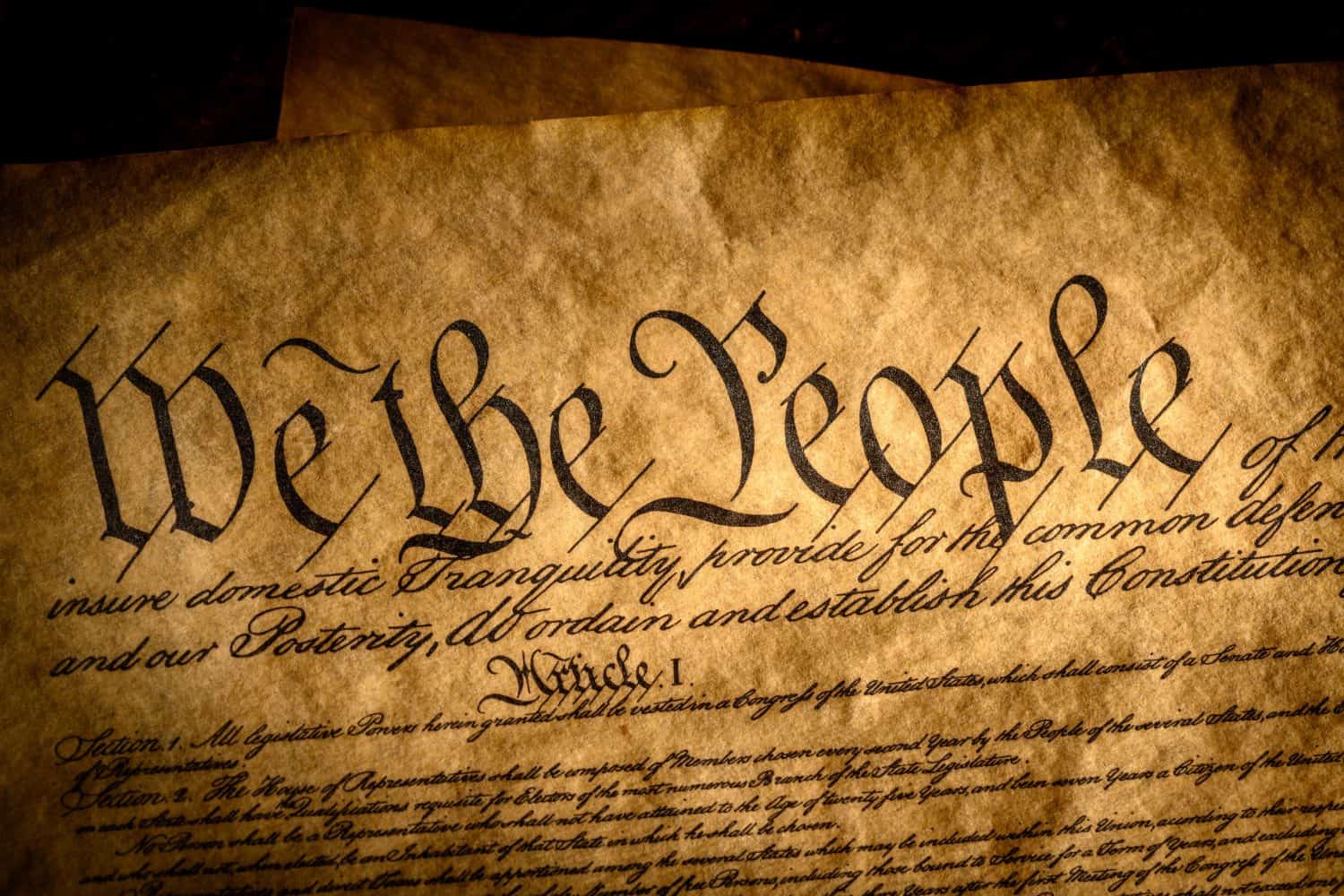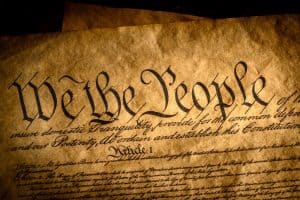Have you ever wondered about every Amendment to the Constitution? The American Constitution is the document that has set the standard for governance in our country for hundreds of years now. However, it helps to understand a little more about when these amendments came to be.
Freedom of Religion, Speech, Press, Assembly, and Petition

©Rawpixel.com/Shutterstock.com
The first ten Amendments to the Constitution are referred to as the Bill of Rights. As such, these were all ratified at the same date in 1791. The 1st Amendment lays out a comprehensive list of human rights afforded to all citizens in the United States.
Right to Bear Arms

©larry1235/Shutterstock.com
The right to bear arms is arguably one of the most controversial Amendments to the Constitution. In its simplest form, it is the right to keep and employ firearms in your defense or in defense of your country.
Quartering of Soldiers

©dotshock/Shutterstock.com
This is one of the Amendments to the Constitution that is a bit outdated these days. However, quartering soldiers in homes is a divisive thing looking back well into the 17th and 18th centuries. Thankfully, you don’t have to worry about that anymore.
Search and Seizure
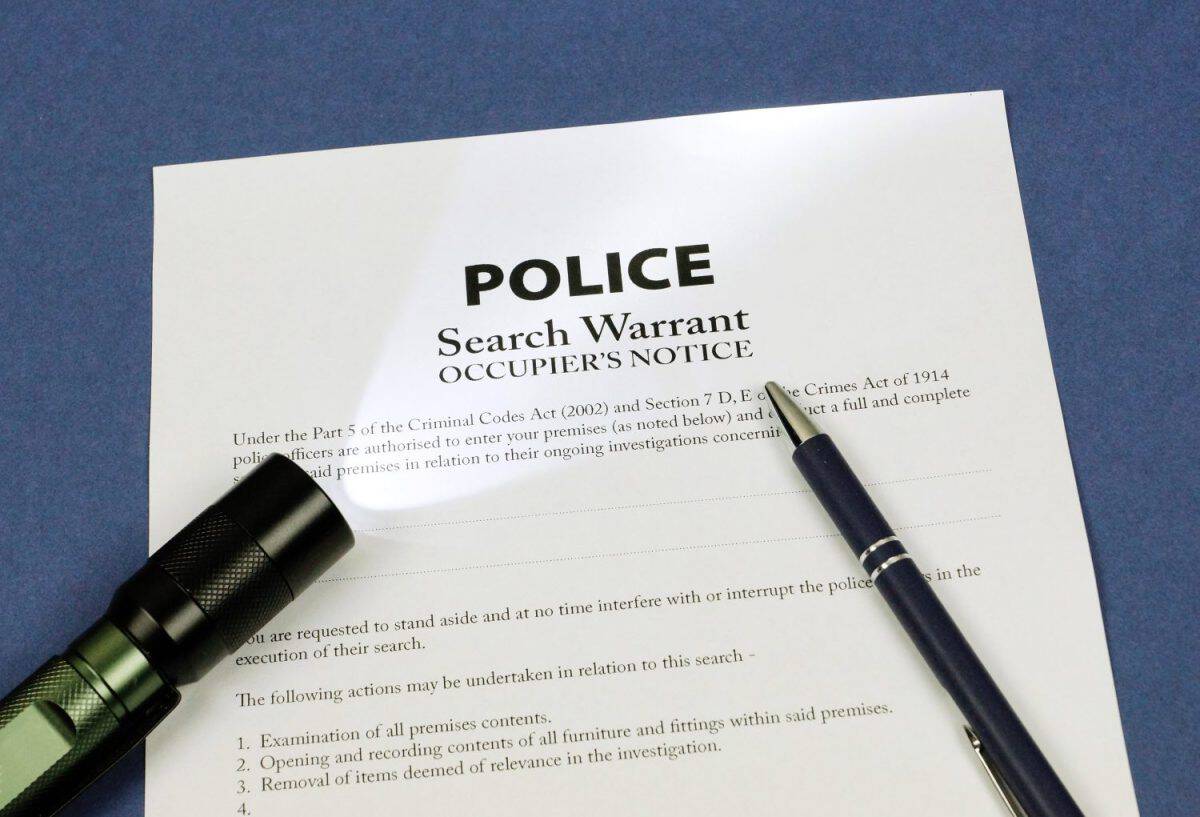
©Neil Stanners/Shutterstock.com
One of the most essential Amendments to the Constitution comes in the form of restricting search and seizure. Law enforcement needs probable cause to seize your possessions, usually presented in the form of a search warrant.
Grand Jury, Double Jeopardy, Due Process, Self-Incrimination, Takings
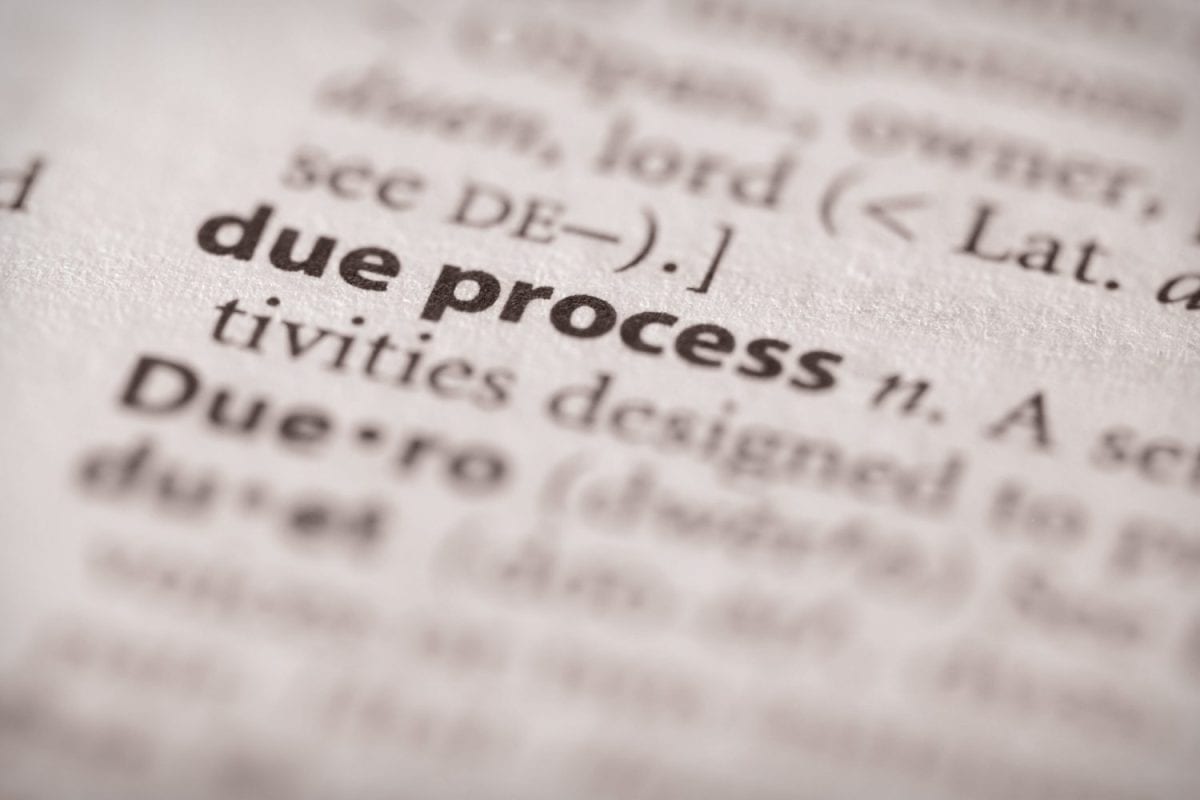
©Mark Poprocki/Shutterstock.com
This is another of the most important Amendments to the Constitution. The 5th Amendment allows for due process to take place. You can avoid incriminating yourself as well, meaning you cannot be coerced into falsely confessing.
Trial by Jury, Witnesses, and Counsel
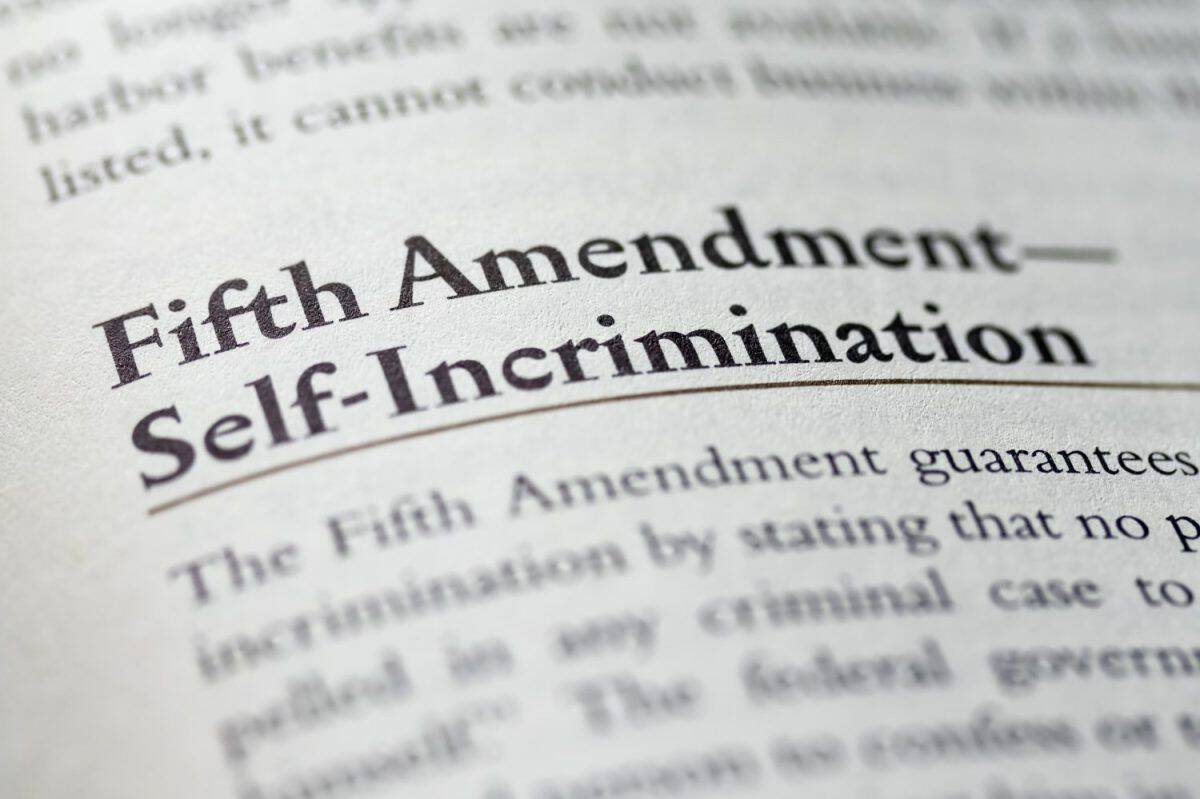
©J. Frederick/Shutterstock.com
The 5th Amendment goes hand-in-hand with the 6th Amendment. As one of the most important Amendments to the Constitution, it lays out the right to trial by jury and the appointment of public defenders.
Trial by Jury in Civil Lawsuits
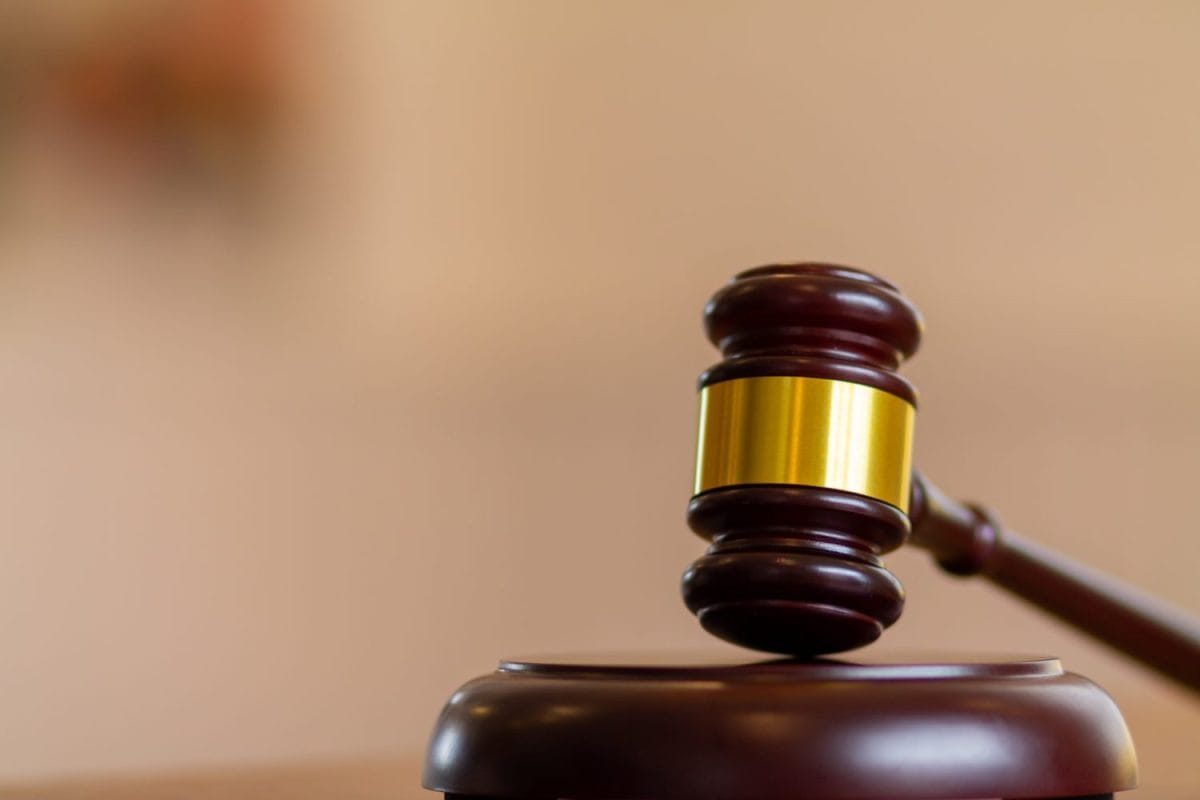
©Korawat photo shoot/Shutterstock.com
Civil law is an entirely different ballgame when compared to criminal law. That said, with this Amendment to the Constitution you are afforded protection. The 7th Amendment allows for a jury when engaging in a civil lawsuit.
Cruel and Unusual Punishments

©Vitalii Vodolazskyi/Shutterstock.com
Europe throughout much of history is known for its cruel means of punishing criminals. Thankfully, this Amendment to the Constitution does away with it. The 8th Amendment limits the uses of excessive fines and prohibits torture.
Non-Enumerated Rights Given to People

©Korawat photo shoot/Shutterstock.com
For much of the early days of the United States, it was just sort of assumed the states would govern themselves. Each state has its Amendments to the Constitution thanks to the 9th Amendment. This means that all civil rights are available, regardless of the governance of the state.
Rights for States and People
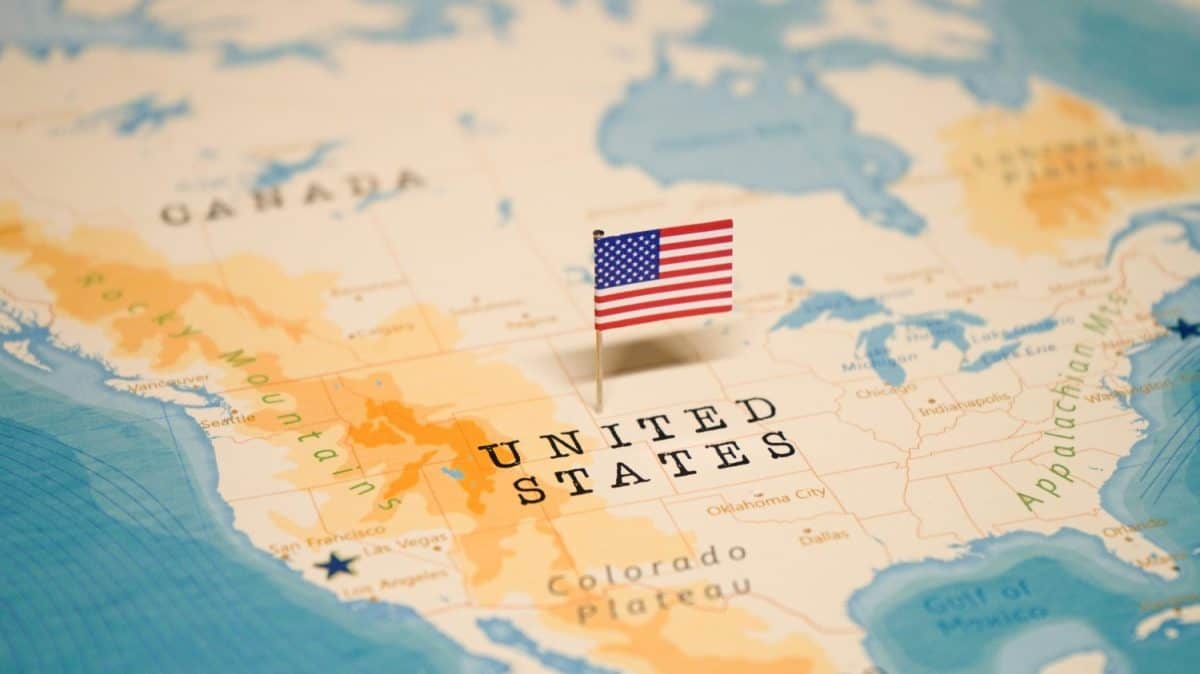
©hyotographics/Shutterstock.com
The final Amendment to the Constitution that makes up the Bill of Rights is the limitation of the federal government. The 10th Amendment states it only has the powers given through the Bill of Rights, the other powers are reserved for the populace.
Suits Against States
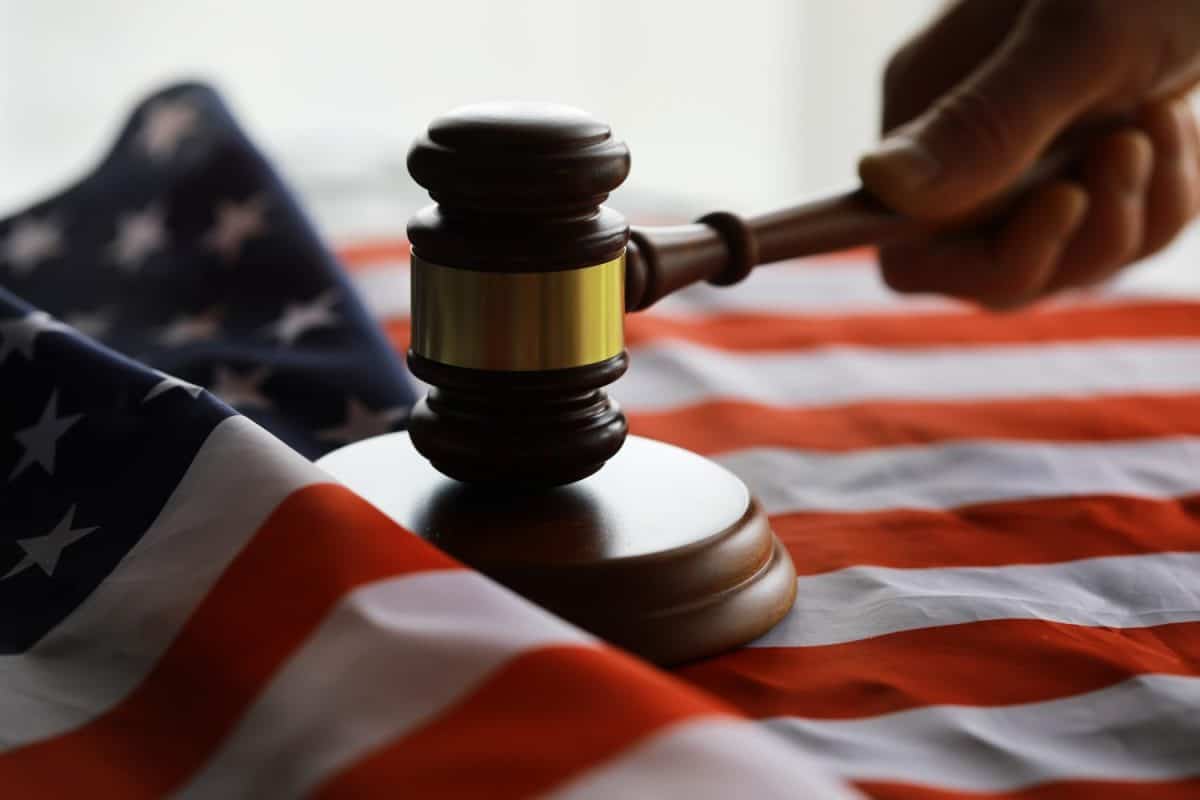
©alexkich/Shutterstock.com
The 11th Amendment to the Constitution came later, ratified in 1795. However, it is intended to prevent out-of-state residents from presenting lawsuits to states. It also lays the foundation for state sovereign immunity.
Election of the President and Vice-President
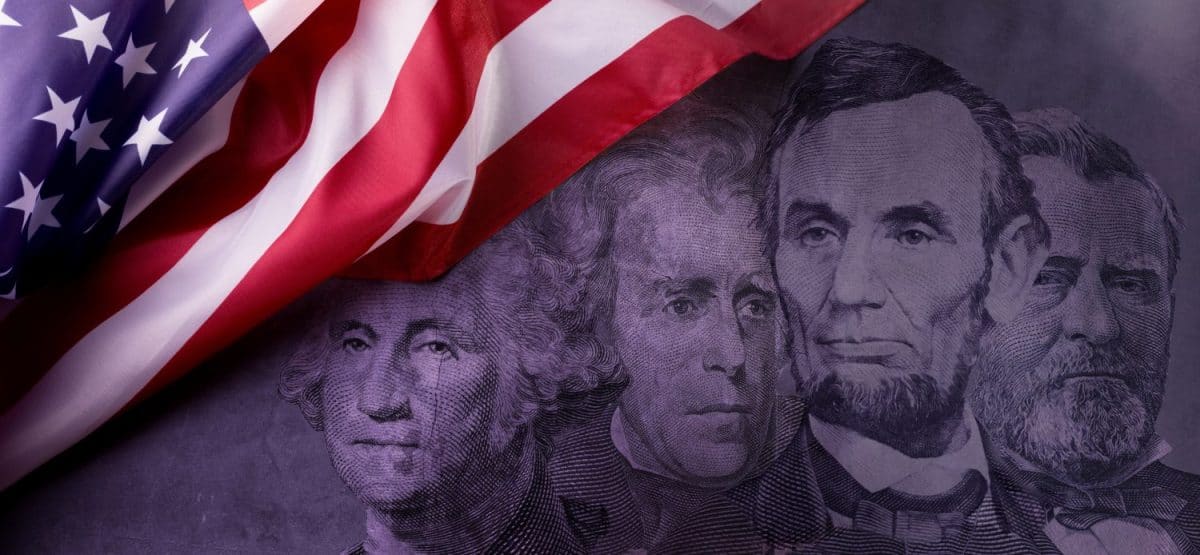
©Anna Aybetova/Shutterstock.com
The 12th Amendment to the Constitution is an odd one. However, it requires the President and Vice-President to be elected at the same time. Prior the runner-up became the Vice-President. It was ratified in 1804.
Abolition of Slavery

©ThalesAntonio/Shutterstock.com
The next few Amendments to the Constitution came in the wake of the American Civil War. As such, it can be seen as a means of providing civil rights to people of color in the aftermath of it all. The 13th Amendment completely outlaws the right of private citizens to own slaves. It was ratified in 1865.
Citizenship, Representation, and Elections

©AnnaStills/Shutterstock.com
The 14th Amendment allows for citizenship to any naturalized American citizen. This is one of the most crucial Amendments to the Constitution because being a full citizen was not guaranteed. This allows for everyone who lives in the country to be afforded the same rights as anyone else. The 14th Amendment was ratified in 1868.
Voting Regardless of Race
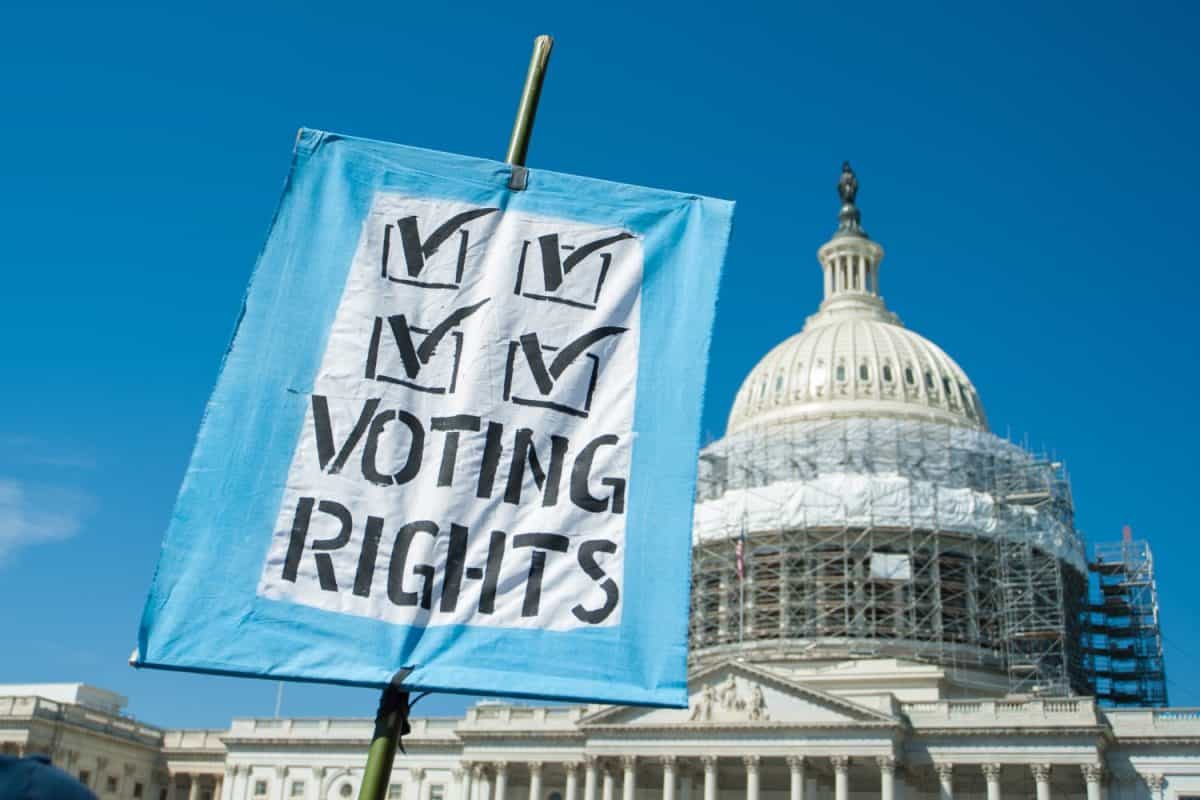
©Rena Schild/Shutterstock.com
Ratified in 1870, the 15th Amendment to the Constitution allows people of any race to vote. This does have a few odds and ends concerning non-tax paying Native Americans. However, it is a massive coup for civil rights.
Income Tax

©chayanuphol/Shutterstock.com
This is perhaps one of the most controversial Amendments to the Constitution depending on your political leanings. The 16th Amendment was originally ratified in 1913 and allows Congress to collect income tax without the consent of a state.
Election of Senators
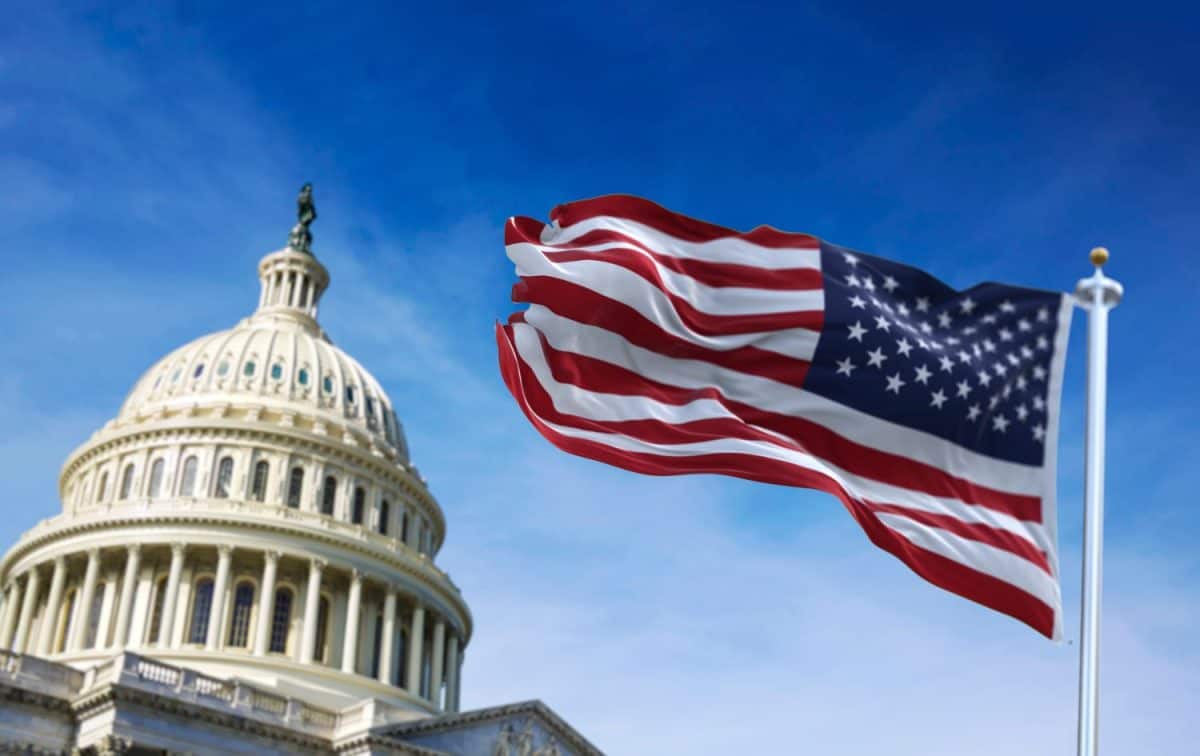
©rarrarorro/Shutterstock.com
We often take for granted the right to vote based on popularity. However, this is one of the Amendments to the Constitution that affords that to everyone. The 17th Amendment was ratified in 1913 and allows for the election of Senators based on popular vote.
Prohibition of Alcohol

©N Universe/Shutterstock.com
This is arguably the most controversial of the Amendments to the Constitution to come out of the 20th century. Initially ratified in 1919, the 18th Amendment prohibited the sale and manufacture of alcohol. We aren’t done with this one yet, so hang on.
Women’s Suffrage
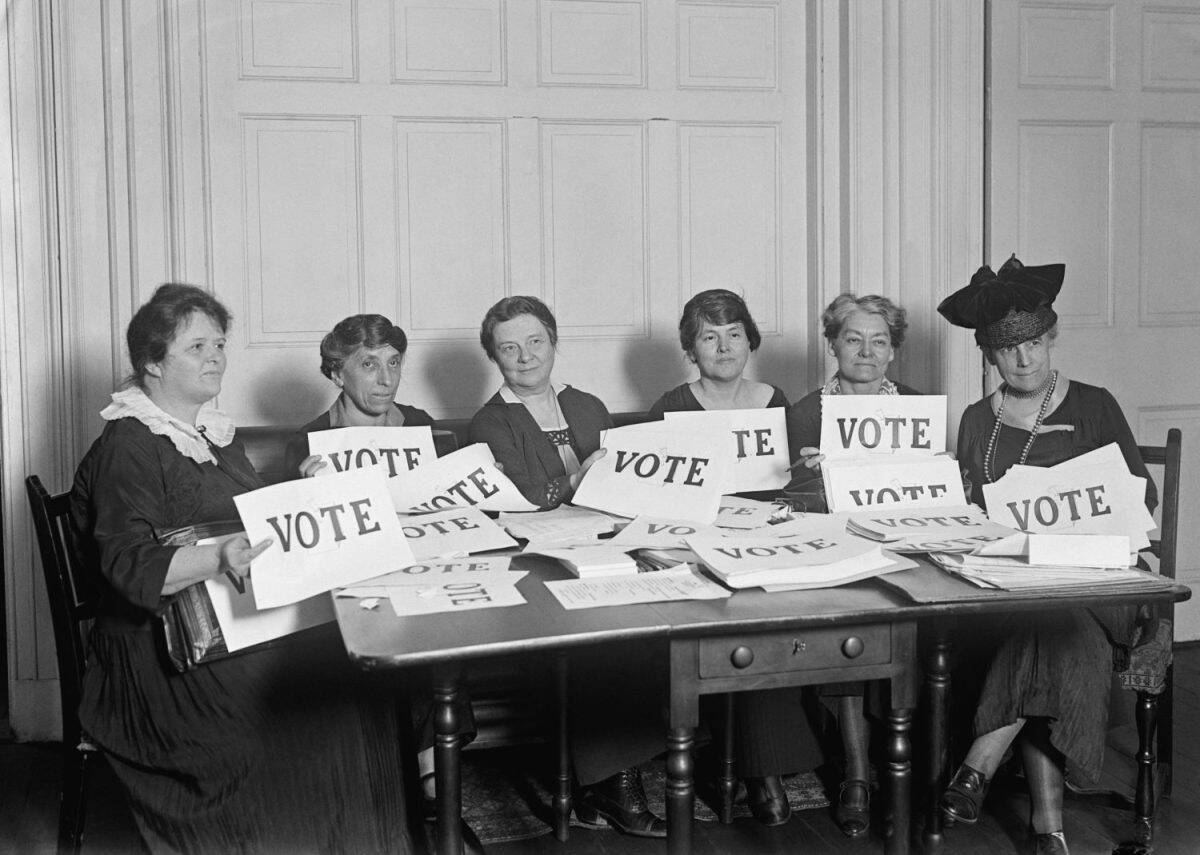
©Everett Collection/Shutterstock.com
The civil rights granted to voters weren’t universal as we’ve seen with a few of the Amendments to the Constitution. That said, this all came to a head with the call for women’s votes. Originally ratified in 1920, the 19th Amendment allows for people to vote regardless of gender.
Presidential Term and Succession, Congress Details

©ROMSVETNIK/Shutterstock.com
The 20th Amendment to the Constitution was ratified in 1933 and has to do with the election of the President, Vice-President, and Congress. Simply put, it just moved the inauguration date up. It also set succession rules so the Vice-President assumes the office of President.
Repeal of Prohibition

©Everett Collection/Shutterstock.com
To say Prohibition was unpopular would perhaps be an understatement. Still, it took 14 years for one of the strangest Amendments to the Constitution. The 21st Amendment was ratified in 1933 and essentially undid everything the 18th Amendment started.
Term Limits for President
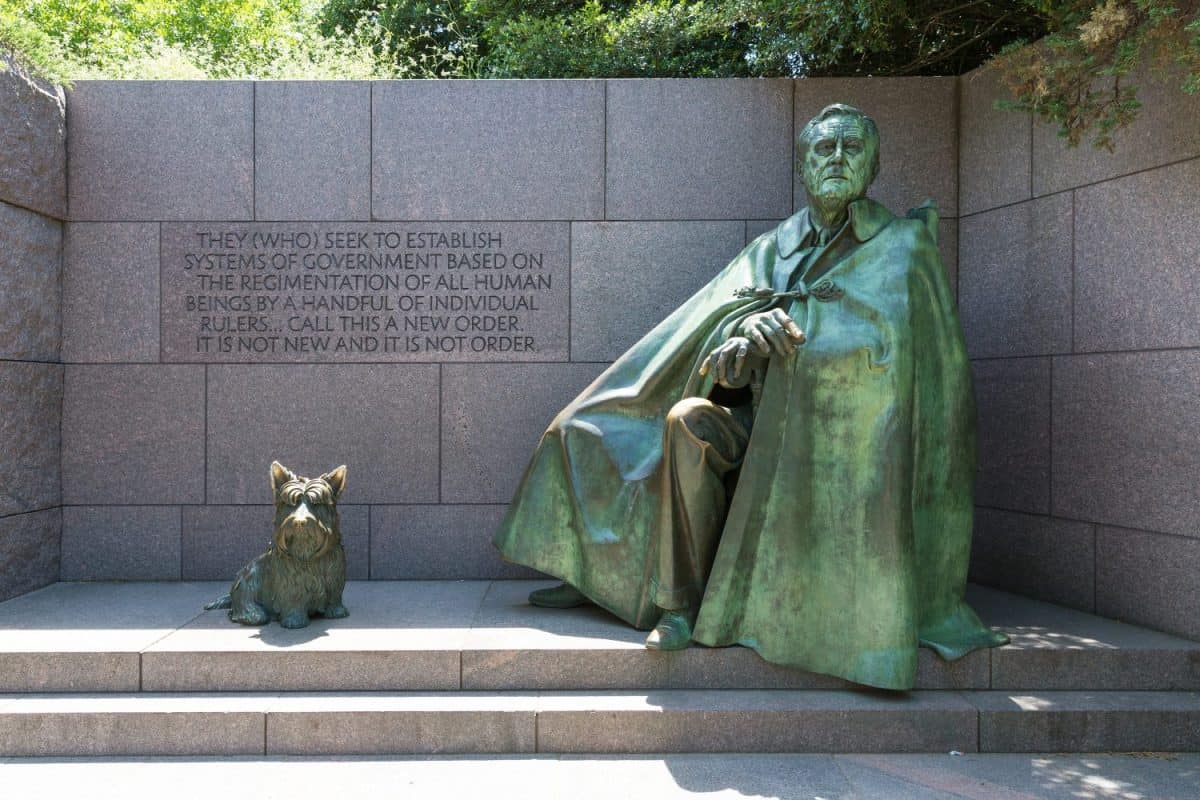
©lunamarina/Shutterstock.com
FDR is the only President in American history to serve more than two terms. However, there was never a law on the books prohibiting it until 1951. The 22nd Amendment to the Constitution institutes a two-term limit to any President-elect.
Presidential Vote for the District of Columbia
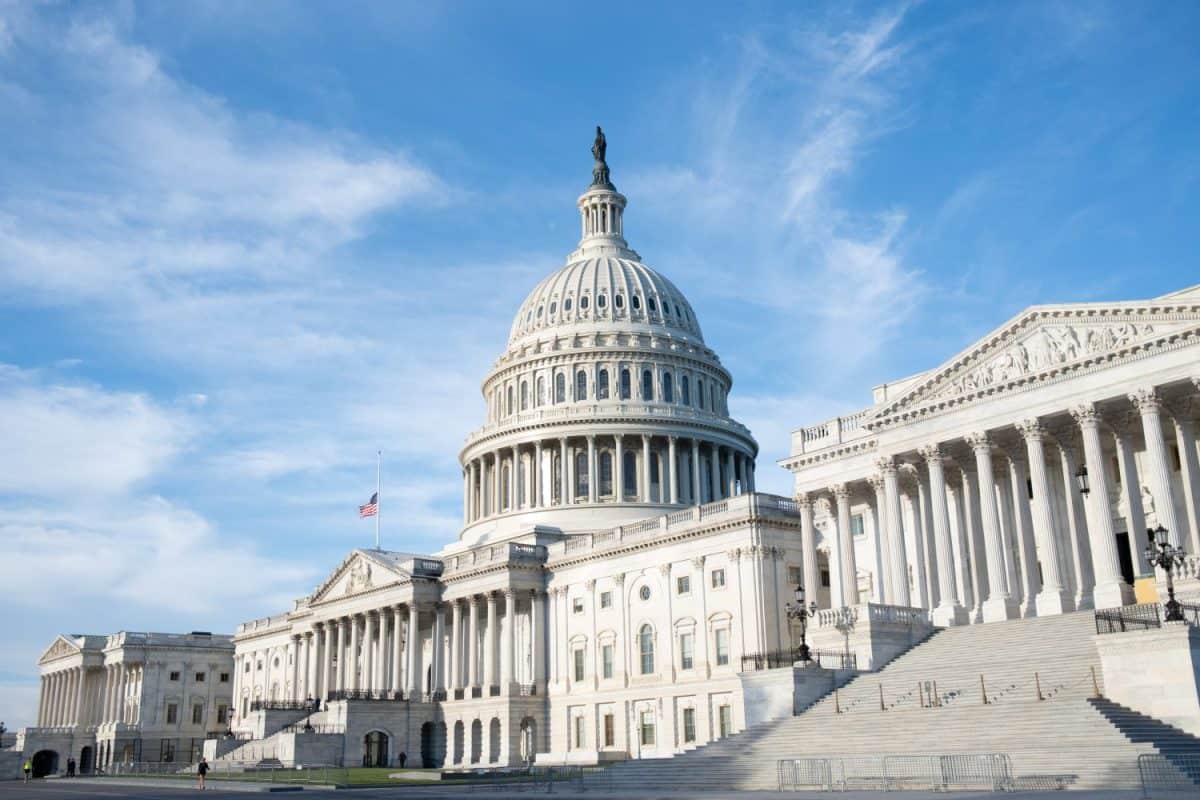
©Musa Visual Media LLC/Shutterstock.com
The District of Columbia is an odd place in the United States. It isn’t technically a state, despite being the seat of the federal government. Up until 1961, it had no means of contributing to the election process. That all changed with the 23rd Amendment, however.
Abolition of Poll Taxes

©Sergey Tinyakov/Shutterstock.com
Poll taxes are a cruel practice meant to turn away financially disadvantaged people from voting. Thankfully, this practice was done away with in 1964 with the passing of the 24th Amendment to the Constitution.
Presidential Disability and Succession

Ratified in 1967, the 25th Amendment goes further into dictating the rules for Presidential succession. This is one of many Amendments to the Constitution that gives harder rules to the powers of the American President.
Voting at 18 Years of Age
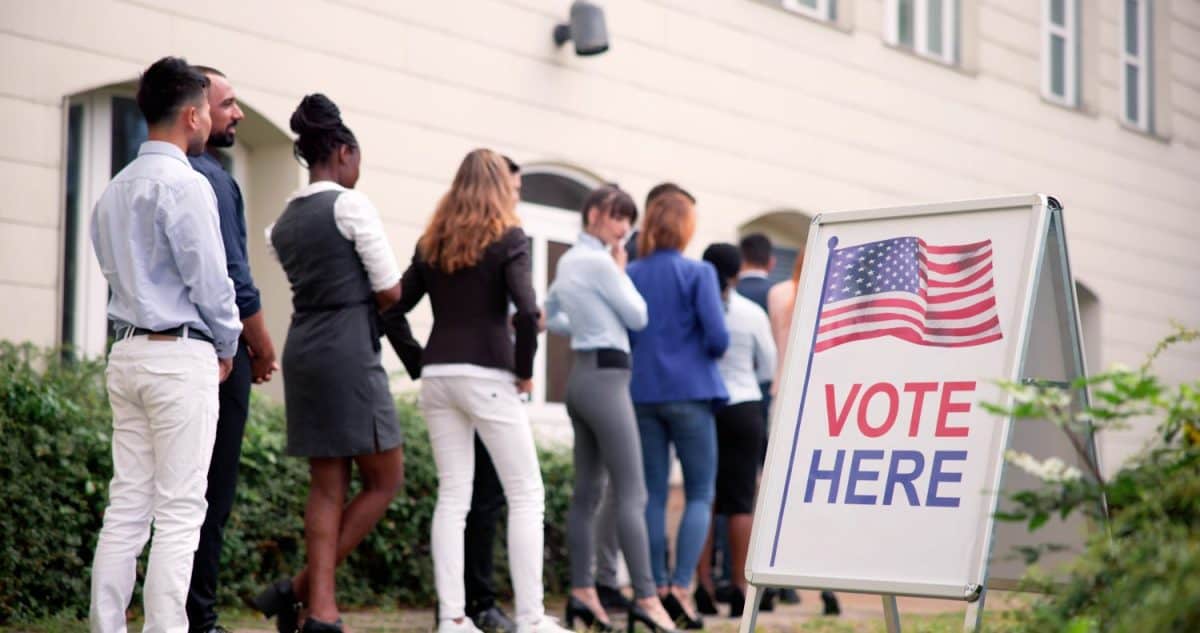
©Andrey_Popov/Shutterstock.com
The 26th Amendment was ratified in 1971 and allows for all people who are at least 18 years of age to vote. This one just made sense, especially given that American service members couldn’t participate in their own elections.
Congressional Compensation
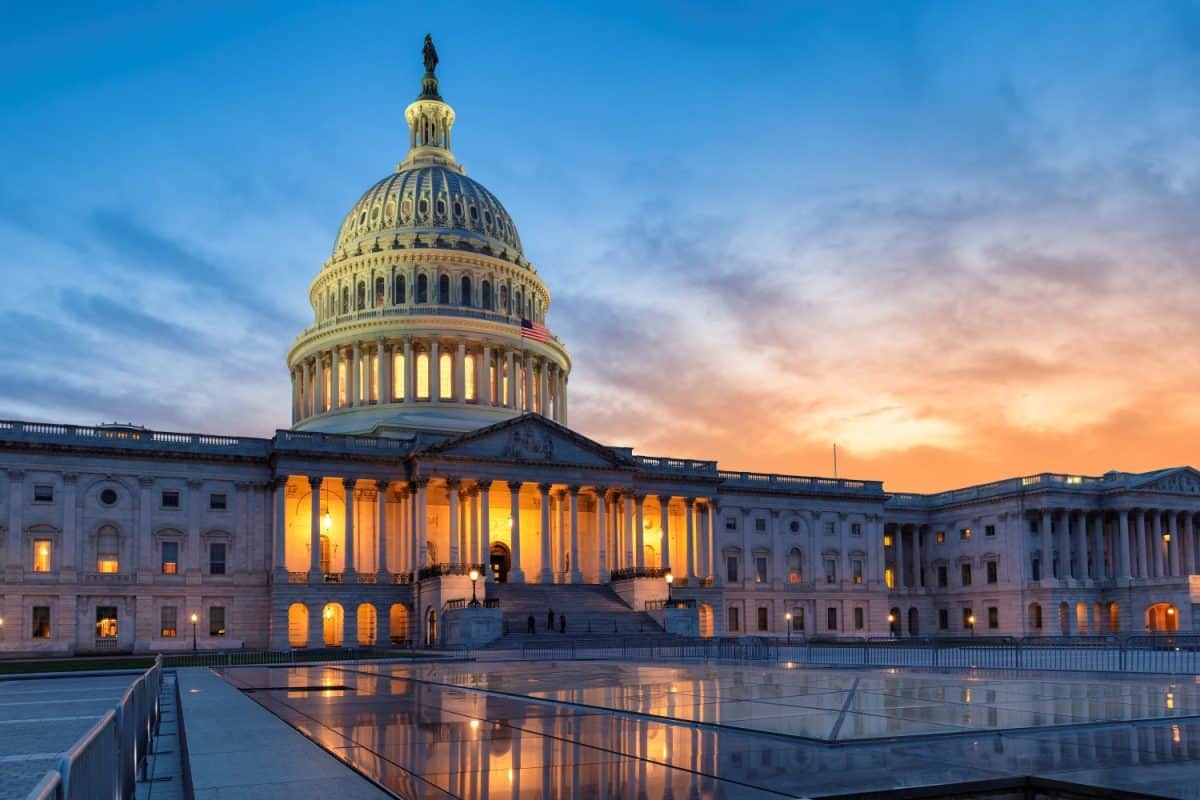
©Lucky-photographer/Shutterstock.com
Rounding things out is another of the crucial Amendments to the Constitution. The 27th Amendment was ratified in 1992, and delays laws that might affect Congressional compensation until the next election of representatives.
The image featured at the top of this post is ©Mike Flippo/Shutterstock.com.
